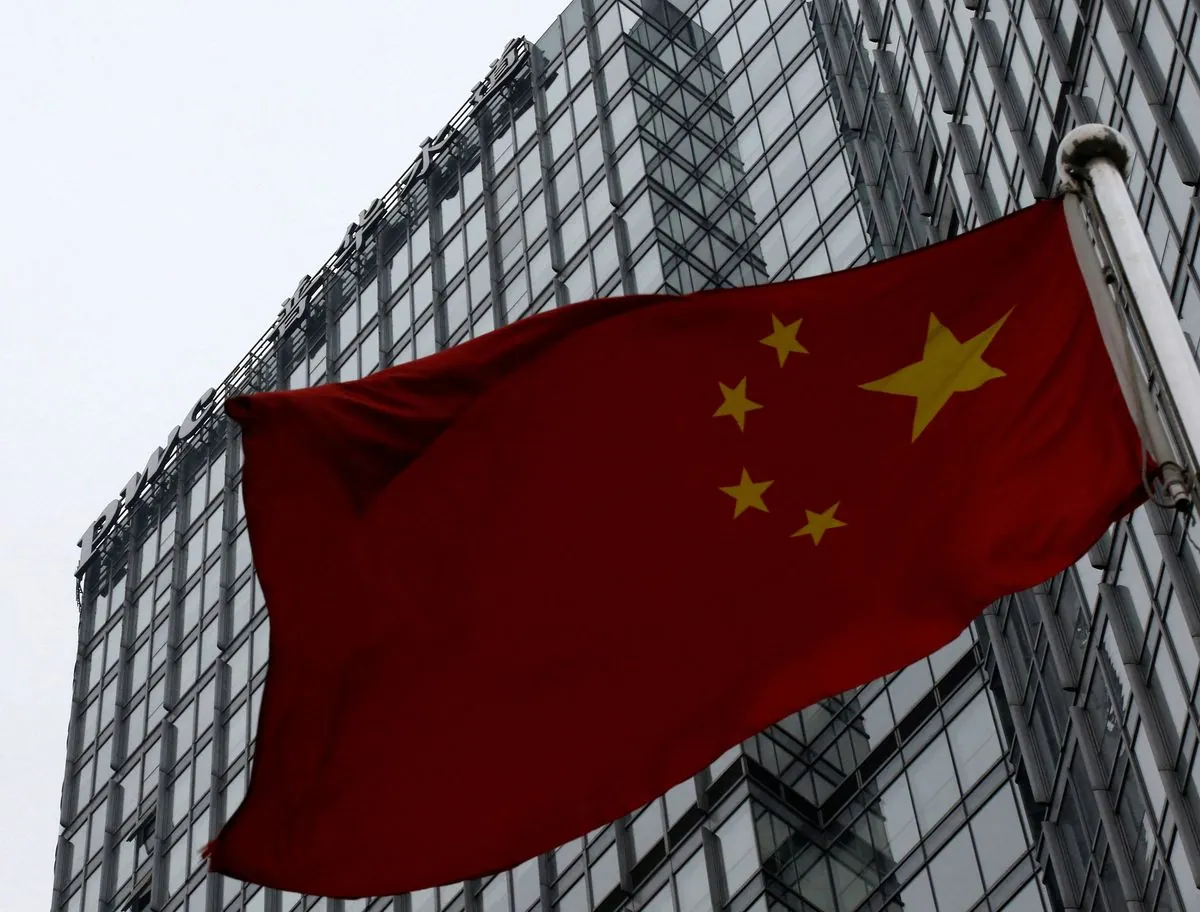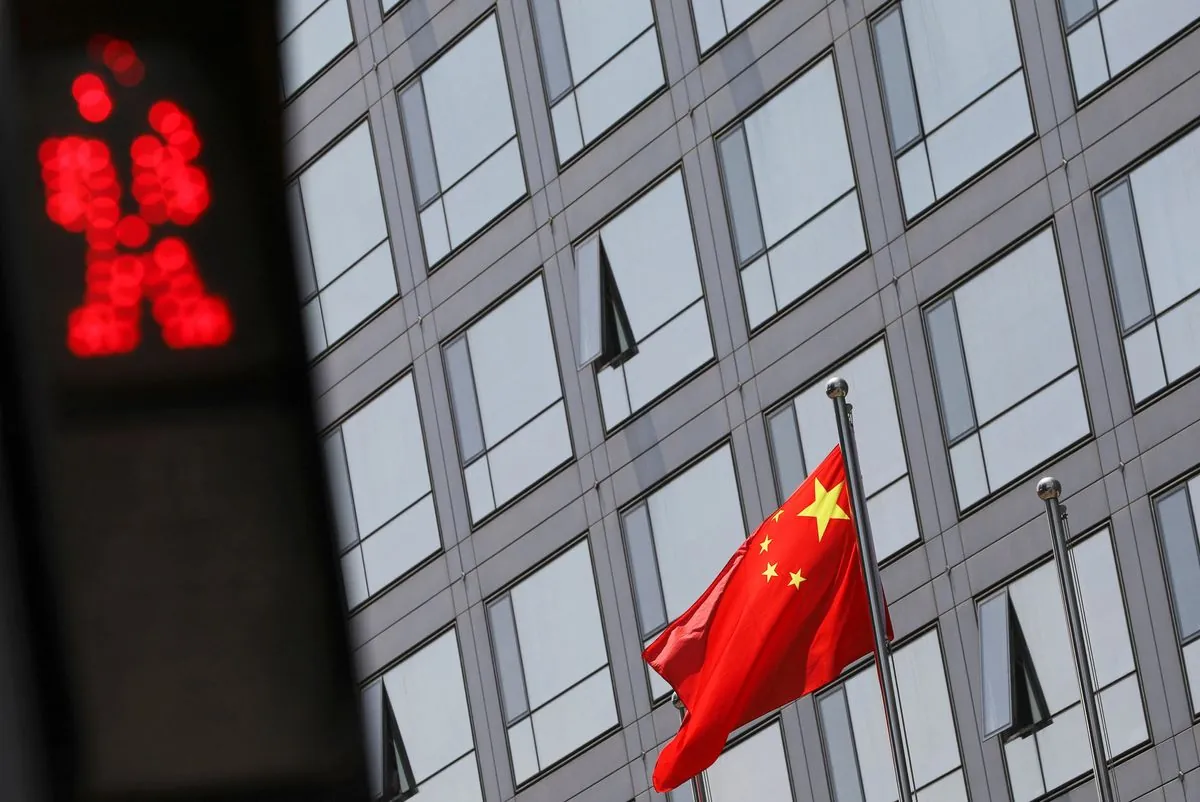PwC China Hit with Record Fine and Suspension over Evergrande Audit
Chinese regulators impose hefty penalties on PwC's mainland unit for its role in auditing China Evergrande Group. Experts weigh in on the implications for the auditing industry and market dynamics.

Chinese financial authorities have taken significant action against PricewaterhouseCoopers (PwC), one of the Big Four accounting firms, in response to its audit of the troubled property developer China Evergrande Group. The penalties, announced on September 15, 2024, include a six-month business suspension for PwC's mainland China auditing unit and a record fine of 441 million yuan ($62 million).
This regulatory move comes in the wake of accusations made by Chinese securities regulators in March 2024, alleging that Evergrande had committed a $78 billion fraud over a two-year period from 2018 to 2020. The investigation focused on PwC's role in auditing Evergrande's Hengda Real Estate subsidiary during this time.
Experts have weighed in on the implications of these penalties:
Nie Wen, an economist at Shanghai Hwabao Trust, stated:
"The main purpose of these penalties is to serve as a warning to both domestic and international accounting firms operating in China, in the hope of promoting more standardized audit practices."
Nie also noted that while demand for international accounting firms remains high due to the global expansion of Chinese companies, there is a push for domestic firms to develop and close the gap with their international counterparts.
Han Hongling, a professor at Zhejiang University, described the penalty as a landmark decision that will significantly impact China's auditing market. He predicted:
- An acceleration of client exodus from PwC
- Increased business for EY and KPMG
- A potential shift towards joint-auditing models involving local firms and the Big Four
Gary Ng, a senior economist at Natixis, highlighted the substantial reputational cost to PwC, which may affect its ability to secure new business in China. He also raised the question of whether China aims to develop its own auditing giant in the long term, considering issues such as data security.
The penalties against PwC reflect China's ongoing efforts to improve its financial regulatory framework and ensure the integrity of financial reporting. This action comes at a time when the Chinese property market has faced significant challenges, underscoring the importance of accurate and transparent auditing practices.

As more Chinese companies expand globally, the demand for international accounting services has grown. However, this incident may accelerate the development of domestic auditing capabilities and potentially reshape the landscape of the auditing industry in China.
The concept of joint audits, where local firms collaborate with international giants, could gain traction as a way to balance audit quality control with national security concerns. This approach may also help bridge the gap between domestic and international accounting practices.
The repercussions of this regulatory action extend beyond PwC, serving as a warning to all accounting firms operating in China. It underscores the critical importance of auditor independence and the potential consequences of failing to maintain the highest standards of financial reporting integrity.
As the situation unfolds, it remains to be seen how this will impact the broader financial sector and whether it will lead to further reforms in China's auditing and regulatory landscape.


































